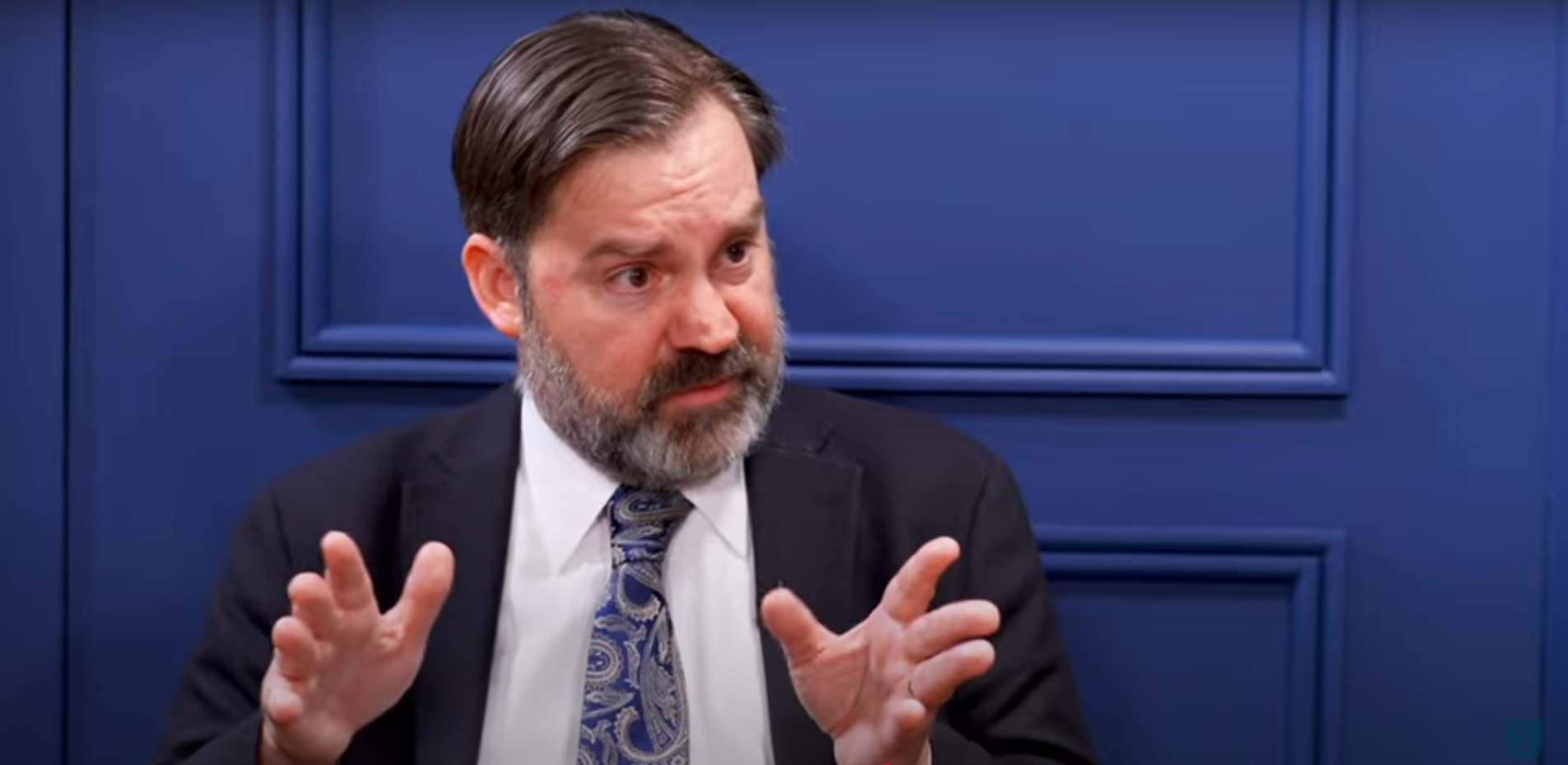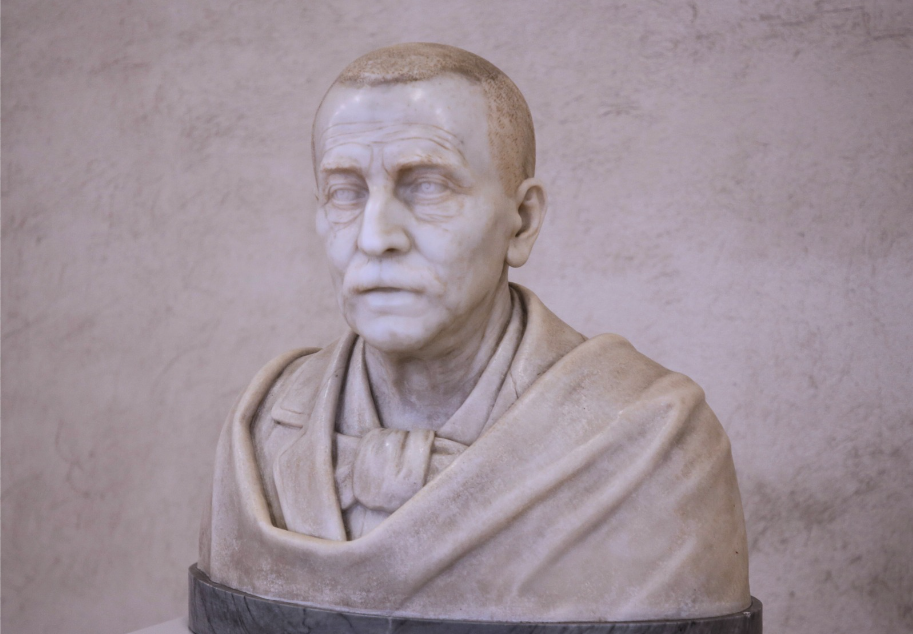For Juliette Light
A monologue assumes a listener.
When Juliette looks up and smiles as if
To speak to me, a dialogue begins,
Although she is too young to say much yet.
Likewise, when young, we sometimes talk to God,
Not naming Him at all, and yet as someone,
There, listening to our monologue.
The listener may be silent as a stone.
If no one else, it always can be God,
Who, being outside time, and in it, too,
Cannot avoid attending to our words.
If patient, we can wait for some reply.
There was, I think, a reply to my first words,
For, ever since, my days, suffused with words,
Became a back and forth of questions, answers—
Of talk, purporting to examine all
That passed, that made up my experience—
The constant presence of reality.
The dialogue confirms duality,
For it assumes our presence, here and now,
And also that of the other, taking us
Out of a crippling solipsism—not quite
Into Platonic wisdom, but at least
Able to read his dialogues with care.














